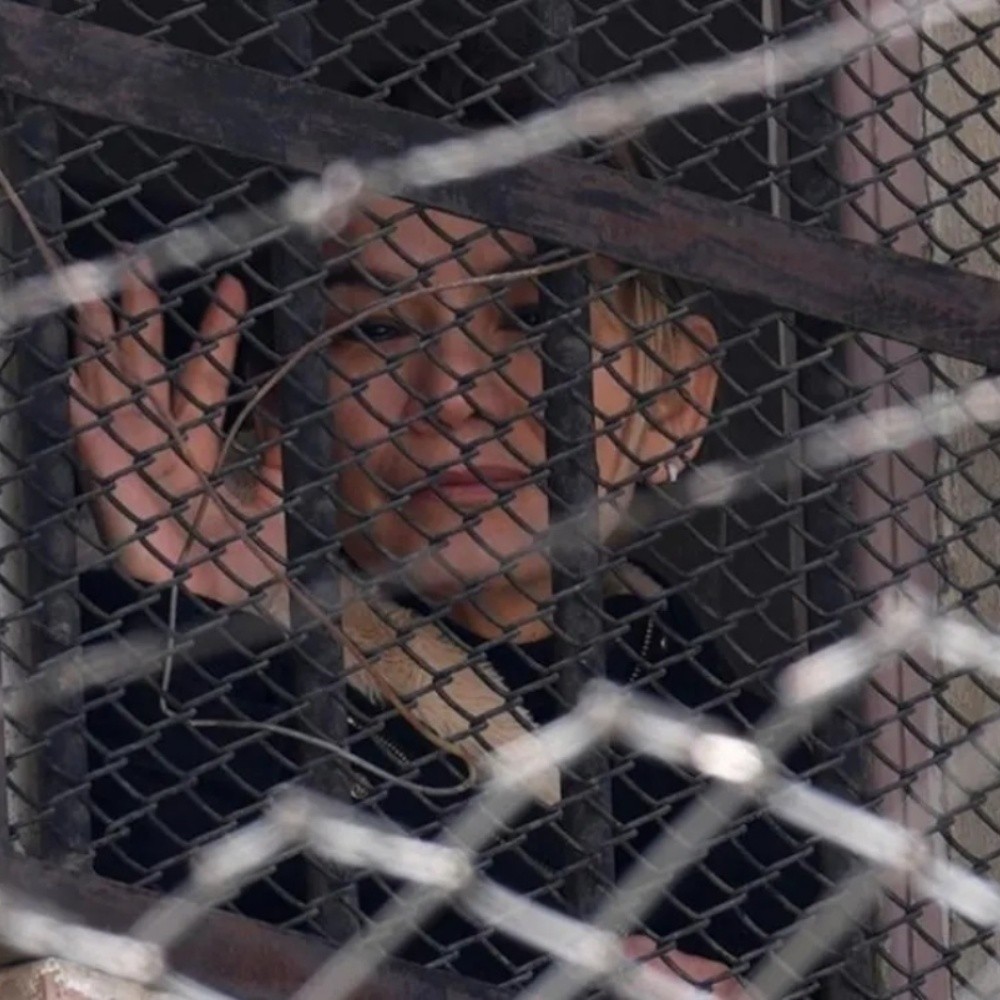
Bolivia’s former interim president, Jeanine Áñez, is already serving six months in prison in La Paz; she was arrested on March 23, 2021. On several occasions, both her daughter and the lawyers have requested that she allow Áñez to continue her process in freedom, given the health conditions faced by the former president. Six months after his apprehension, these are the details of his legal process told first-hand by his lawyer, Luis Guillén, to the AFP agency. What is Áñez accused of? “We are entering six months of preventive detention without, to date, there being an accusation,” says Guillén. The government of leftist Luis Arce points against the former conservative president as co-author of an alleged coup d’état against her predecessor, Evo Morales (2006-2019), mentor of Arce.Se accuses her of terrorism, sedition and conspiracy “without establishing what are the terrorist, seditious and conspiratorial acts, nor less what was her participation,” adds the lawyer. Áñez, 54, was arrested on March 13 and, a week later, a judge sent her to pretrial detention for four months. When his lawyers appealed, the response was… increase it to six months. Why is there more than one process at a time? In August, the process against the former president was divided into two: another was added to the existing one by resolutions contrary to the Constitution. According to the Prosecutor’s Office, the latter offence should be tried separately. However, Guillén says, both processes are about “the way in which she ascended to the presidency.” For the 38-year-old lawyer, this violates the principle that “a person cannot be sentenced twice” for the same act. In August, the judge in charge of the second trial ordered a new preventive detention for Áñez, also for six months. Was the former president’s seizure of power legal? Áñez was the second vice president of the Senate when she succeeded Morales in power on November 12, 2019. He became president of Bolivia through a questionable constitutional succession due to vacancy, after the resignation of Morales and several authorities, amid mass protests, accusations of electoral fraud and pressure from the military and police. On the same day, the Constitutional Court (TCP) upheld the succession citing a 2001 constitutional ruling. That ruling interprets that “given the existence of a power vacuum, it is not necessary to convene legislative assemblies, request quorums or any formality; the constitutional succession operates immediately,” explains Guillén. The government of the Movement to Socialism (MAS), on the other hand, argues that the TCP communiqué is not binding. “A statement is an administrative act,” the lawyer disputes. In turn, he denies that there was a coup d’état pointing out that all the powers of the State, including the Congress controlled by the MAS, “recognized the presidency” of his client. How should she be judged by the repression during her tenure? The most serious crime of which Áñez is accused is that of “genocide”, punishable by a prison sentence of 10 to 20 years, for the repression at the hands of the forces of order in the town of Sacaba, near Cochabamba, and in Senkata, near La Paz, during the first weeks of his mandate. A report presented by a group of independent experts from the Inter-American Commission on Human Rights (IACHR) identified 22 dead in both incidents, which it called “massacres.” This has been under his presidency, it has to be investigated and the former president is not opposed,” says Guillén. But it must be investigated “objectively,” he warns. “The law establishes that if you want to make a process against the former president, it has to be a trial of responsibilities,” after approval by two-thirds of parliament. What could be achieved with the requested international aid? After the former president self-harmed on August 21 in prison by cutting her arm, her defense asked the IACHR for precautionary measures of protection.” We are hoping that this week or next week we can have a response, that the IACHR will act objectively and see the urgency” of the measure, motivated by the “threats” to the “deteriorated health” of the former president, says Guillén.Si the body decides in favor of these measures, Bolivia is “obliged” to comply, because it is a matter of “human rights.” Otherwise “the defense will analyze.” The life of the former president is at risk,” he says. Read more: MOURNING: Seven dead when a small plane crashes in Brazil; were members of the same family Extended weather forecast issued by Conagua for the city of Guadalajara, Jalisco.
"El reclamo puede ser genuino, pero construido sobre una mentira", apuntó el presidente Javier Milei…
El gobernador de la provincia de Buenos Aires, Axel Kicillof, encabezó un acto en Ensenada…
El diputado nacional de La Libertad Avanza, José Luis Espert, expresó su confianza en la…
Tras la masiva reaparición de Cristina Fernández de Kirchner, el presidente Javier Milei apuntó contra…
El principal propósito de la nueva comisión es evaluar los recursos humanos en el Senado,…
En una medida que busca redefinir las condiciones de los seguros de automóviles en Argentina,…
Esta web usa cookies.